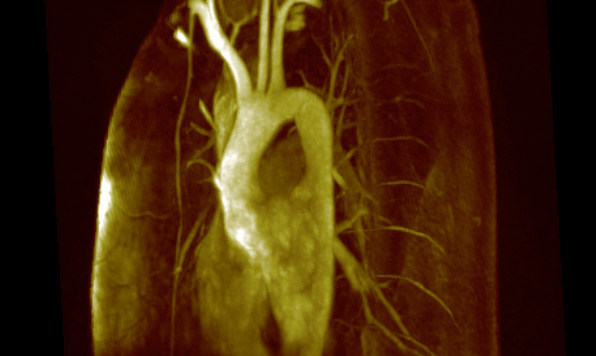Of the many potential causes of heart failure – a heart’s weakening ability to either contract and pump blood to the lungs and other organs, or relax and receive blood that returns from these organs – diabetes plays a role in several unique ways.
That begins with the fact that people with diabetes are at significantly increased risk of cardiovascular diseases. This is because patients with diabetes are often overweight, have diagnosed hypertension, and dyslipidemia where an imbalance in good and bad cholesterol harms blood vessels.
Secondly, by conspiring with these other risk factors, diabetes accelerates atherosclerosis (hardening of the arteries), which can lead to heart attacks and stroke, contribute to dementia, and cause kidney damage and failure. These increased incidences of hypertension, heart attacks and kidney disease in those with diabetes makes them particularly vulnerable to developing heart failure.
Toxic effects on the heart
Independent of these factors, just as diabetes is commonly associated with a metabolic derangement such as dyslipidemia, it is now believed that diabetes can exert direct toxic effects on the heart itself. This can impair the ability of heart muscle fibers to contract and relax, diminish the ability of very small penetrating blood vessels of the heart to function normally, and cause a diffuse microscopic scarring of the heart termed ‘fibrosis’.
Finally, it has become clear in the last two decades that some drugs used to treat diabetes may have deleterious effects on the heart. In this way, the treatments may additionally boost this risk of heart failure in an already vulnerable population.
It is in this therapeutic arena of diabetes that several large important clinical trials in the past two years have provided practice-changing results with meaningful significance to diabetes and heart disease in general – and diabetes/heart failure specifically.
















